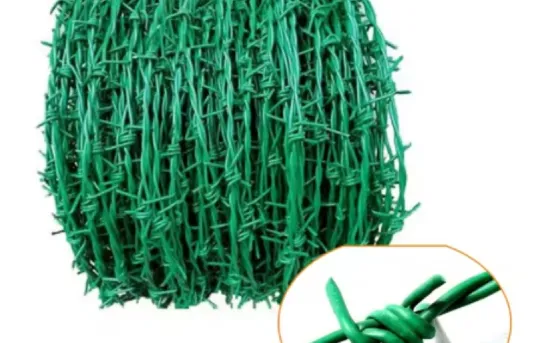-
 Phone:
Phone: -
 Email:
Email:

Understanding the Benefits and Uses of PVC Cable Wire in Electrical Applications
Understanding PVC Cable Wires A Comprehensive Overview
PVC (Polyvinyl Chloride) cable wire is a fundamental component in various electrical and electronic applications. Known for its durability, flexibility, and cost-effectiveness, PVC insulation is widely used in wiring systems across different industries. This article delves into the features, advantages, applications, and potential drawbacks of PVC cable wires, providing a comprehensive understanding of why they are a popular choice.
What is PVC Cable Wire?
PVC cable wire consists of electrical conductors, usually copper or aluminum, coated with a layer of Polyvinyl Chloride. This material is selected for its excellent insulative properties, which prevent electrical leakage and protect against environmental factors. PVC wires come in various sizes and types, tailored for specific applications, whether it’s for residential wiring, industrial power supply, or specialized uses.
Key Features of PVC Cable Wire
1. Insulation Properties One of the standout features of PVC is its outstanding electrical insulating properties, which allow it to safely carry current without significant energy loss.
2. Temperature Resistance PVC can withstand a considerable temperature range. Typically, it operates effectively between -15°C to 70°C, making it suitable for both indoor and outdoor applications.
3. Chemical Resistance PVC material is resistant to many chemicals, oils, and solvents. This resistance increases its usability in harsh environments, such as factories and laboratories.
4. Flexibility Despite being robust, PVC cables are also flexible, allowing for easier installation in confined spaces. This flexibility makes it easier to route wiring in complex configurations.
5. Cost-Effectiveness PVC is relatively inexpensive compared to other insulating materials, making it a go-to choice for many manufacturers and electricians.
Advantages of PVC Cable Wires
- Wide Availability PVC cables are readily available in various specifications, catering to different market needs. This wide availability ensures that users can find the right type for their specific projects.
- Long Lifespan Due to their durability and resistance to environmental factors, PVC cables can last for many years, providing a reliable solution for electrical needs.
pvc cable wire

- Easy to Install The flexibility of PVC cables allows for easier installation, reducing labor costs and time on projects
.- Safety Features PVC cables are designed to comply with safety standards, minimizing the risks of electrical shocks and shorts, which enhances overall safety in electrical installations.
Applications of PVC Cable Wires
PVC cable wires are utilized in a myriad of applications. Some of the most common ones include
1. Residential Wiring PVC cables are widely used in homes for wiring circuits, outlets, and lighting systems, ensuring safety and reliability.
2. Industrial Use Many factories use PVC cables for machinery, equipment, and power distribution, benefiting from their robustness and chemical resistance.
3. Automotive Applications PVC wires are also prevalent in vehicles for various electrical systems, including lighting and entertainment systems.
4. Telecommunications In telecommunications, PVC cable wires are used for data transmission and connectivity since they can effectively shield signals.
5. Consumer Electronics From household appliances to computers, PVC cables are integral in the wiring of consumer electronics, ensuring optimal functioning.
Potential Drawbacks
While PVC cable wires have numerous advantages, there are some potential drawbacks. For instance, PVC material is not as environmentally friendly as some alternative materials, leading to concerns regarding sustainability. Additionally, extreme heat can degrade PVC insulation over time, requiring monitoring in high-temperature environments.
Conclusion
In summary, PVC cable wires are a vital component of modern electrical systems, available in diverse applications from residential to industrial sectors. Their combination of durability, flexibility, and cost-effectiveness makes them an ideal choice for many wiring needs. As technology advances, the demand for efficient and safe wiring solutions will likely increase, solidifying the position of PVC cable wires in the electrical market. Understanding their features, applications, and limitations can help consumers and professionals alike make informed decisions about their electrical wiring needs.
-
Wire Mesh for Every Need: A Practical SolutionNewsJul.25,2025
-
Steel Fences: Durable, Secure, and Stylish OptionsNewsJul.25,2025
-
Roll Top Fencing: A Smart Solution for Safety and SecurityNewsJul.25,2025
-
Cattle Farm Fencing Solutions for Maximum SecurityNewsJul.25,2025
-
Affordable Iron Binding Wire SolutionsNewsJul.25,2025
-
Affordable Galvanized Wire SolutionsNewsJul.25,2025
-
Wire Hanger Recycling IdeasNewsJul.25,2025








